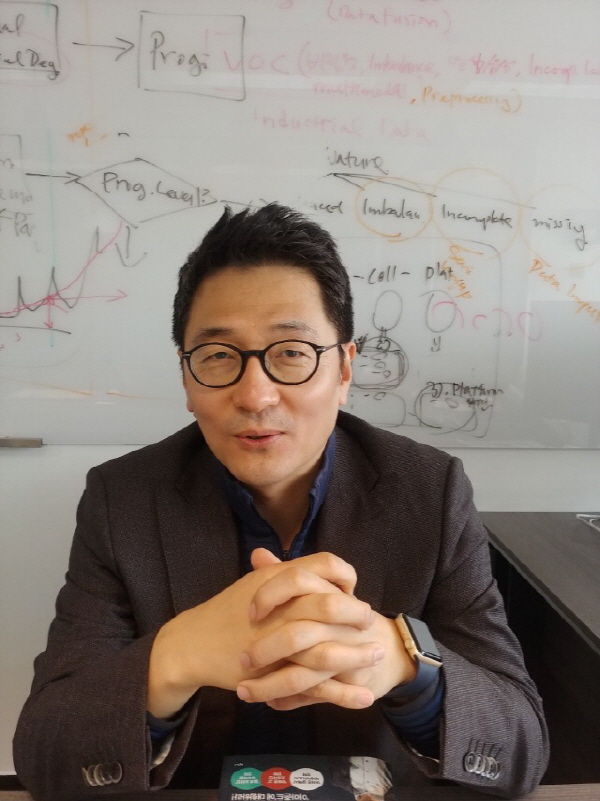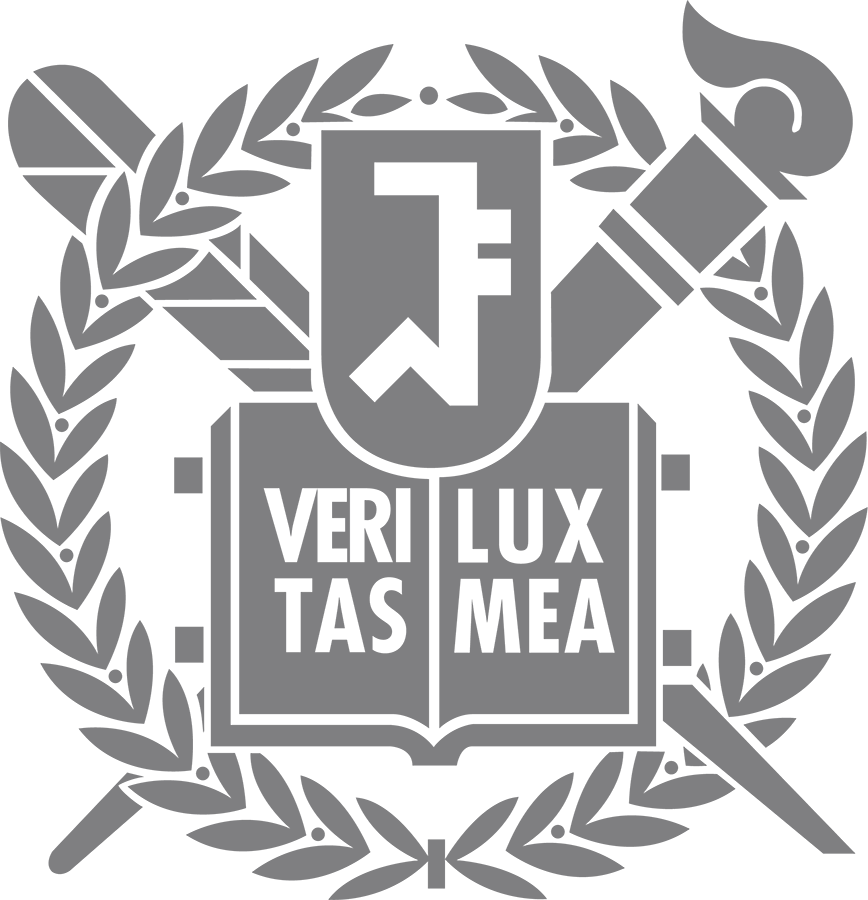Department News
[Seoul Economic Daily] Prof. Byeng Dong Youn [Missing Golden Hour in Tech & Sci, the Country Turns into Subcontractor] “Sta
[Missing Golden Hour in Tech & Sci, the Country Turns into Subcontractor]
'Startup Factors' Should Be Included in Faculty Evaluation for Academia and Venture
■ Small but Strong Global Business SNU Engineering Prof. Byeng Dong Youn
Dissuaded by Concerns About Evaluations
System Should Change to Encourage Startup Spirit

Prof. Byeng Dong Youn of SNU Dept. of Mechanical and Aerospace Engineering during an interview with Seoul Economic Daily on Mar 20, at SNU Research Park. He spoke about the need for reforming faculty evaluation system, for the growth of the university and cultivation of startup businesses. /by Kwang-bon Go
“Even in Science and Engineering Colleges, startup factors are not taken into account when the government allocates R&D projects to professors or faculty evaluations are done for promotions. The government can speak about ‘innovation and growth’ and venture spirit of university as much as they want, but it’s no use.”
Prof. Byeng Dong Youn (49·Photo) of Seoul National University Dept. of Mechanical and Aerospace Engineering is also a venture entrepreneur. He met with Seoul Economic Daily on March 20 at SNU Research Park. “Faculty evaluations and R&D project assessments are focused on research papers and patents. This system needs to change so that it includes technology transfers, lab start-ups, job creation and profits,” he said. Prof. Youn, who has previously taught at the University of Maryland, founded OnePredict in 2016. The company performs prognostics and health management services. For the last 2 years and a half, the company broke into global markets including US and Germany, creating 30 jobs.
Prof. Youn, who aims for a small but strong global business, said that “at our university’s College of Engineering with around 400 professors, there are dozens of professors who founded startups. But only few of them are serious about their business.” He asserted that if the government wants to encourage more technology-based startups of professors or researchers, the evaluation system needs to change. Allocation of government projects largely depends on faculty evaluations. National Research Foundation (Ministry of Science and ICT), Ministry of Trade, Industry and Energy, Ministry of SMEs and Startups, and Ministry of Land, Infrastructure and Transport should all encourage professor-led startups by taking startup factors into account.
Otherwise, professors and researchers would never take the risk of receiving unfavorable evaluations. Even if they launch a startup, they do not make money right away, and the time spent on research papers decreases. On the other hand, faculty evaluations of American universities include both quantitative assessments like research papers, and qualitative assessments such as job creations through startups, patent commercialization, social contribution, contents, etc.
“Since the government and the university only focus on quantitative assessments, it is difficult to encourage startups despite the fact that there are plenty of business items and fundings,” said Prof. Youn. “The university is failing to encourage technology transfers and technology-based startups.”
The government needs to show field leadership, and the university needs to improve the expertise of its industry-academia collaboration in order to support startups and technology transfers. Around 30% of the government funding is collected by Industry-academic Cooperation Foundation (Colleges and Departments included) as overhead expenses, but researchers still have to perform administrative tasks.
Prof. Youn criticized that “Korean universities, unlike the US, are lacking in helping things like patent applications and linking professor’s technology with companies.” Since the university holds the patent rights of a professor, it could be a win-win situation if a connection is established between professors and companies. But Korean universities, not being able to manage and utilize the patents they hold, end up selling them at a low price after 3 years.
In summary, research papers and patents of professors are not widely utilized in the Korean industry. “They create patents for their own sake and write research papers for their own sake, not for the industry. It is said that the success rate of government R&D projects is 98%, but less than one out of ten actually is utilized in the industrial field.” Even Seoul National University receives only about 50 billion won in patent revenue.
“Government R&D system must respect the autonomy of the researcher but penalize corruptions. But now, the exact opposite is happening,” he pointed out.
“For innovation and growth, the government needs to establish practical solutions to encourage startups and technology transfers of professors and researchers,” Prof. Youn said. “As for students, beginning a startup right away is quite risky. It is recommended that they first gain experience working at a good venture company then work on their own,” he advised. / Kwang-bon Go kbgo@sedaily.com
Link to article: https://www.sedaily.com/NewsView/1VGOCYXYLI

